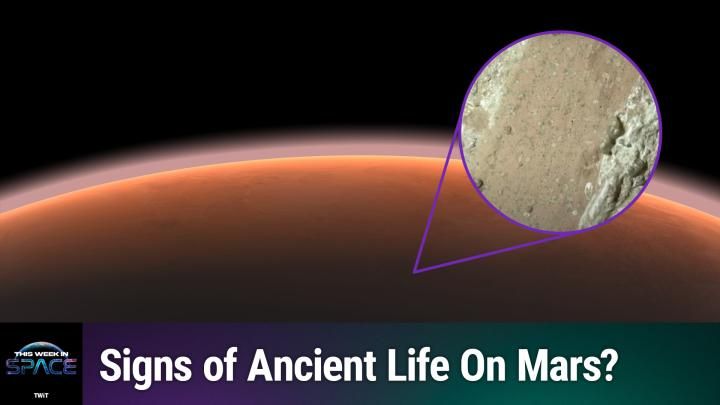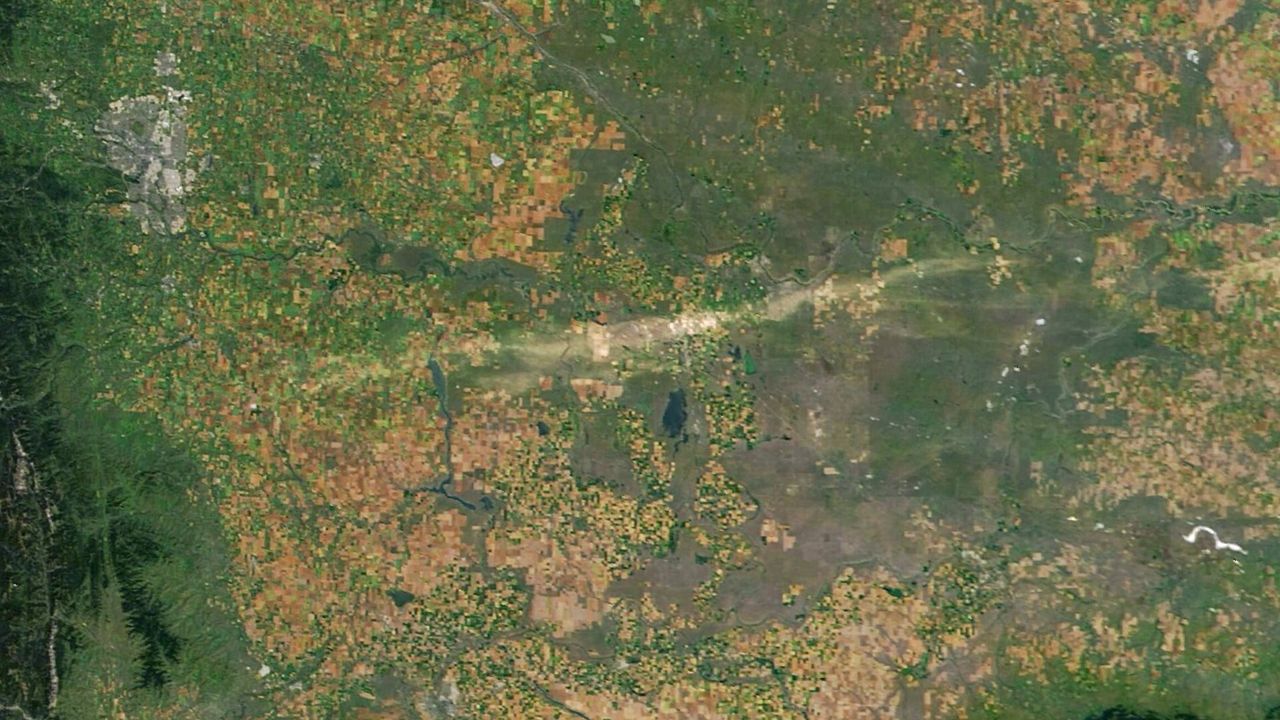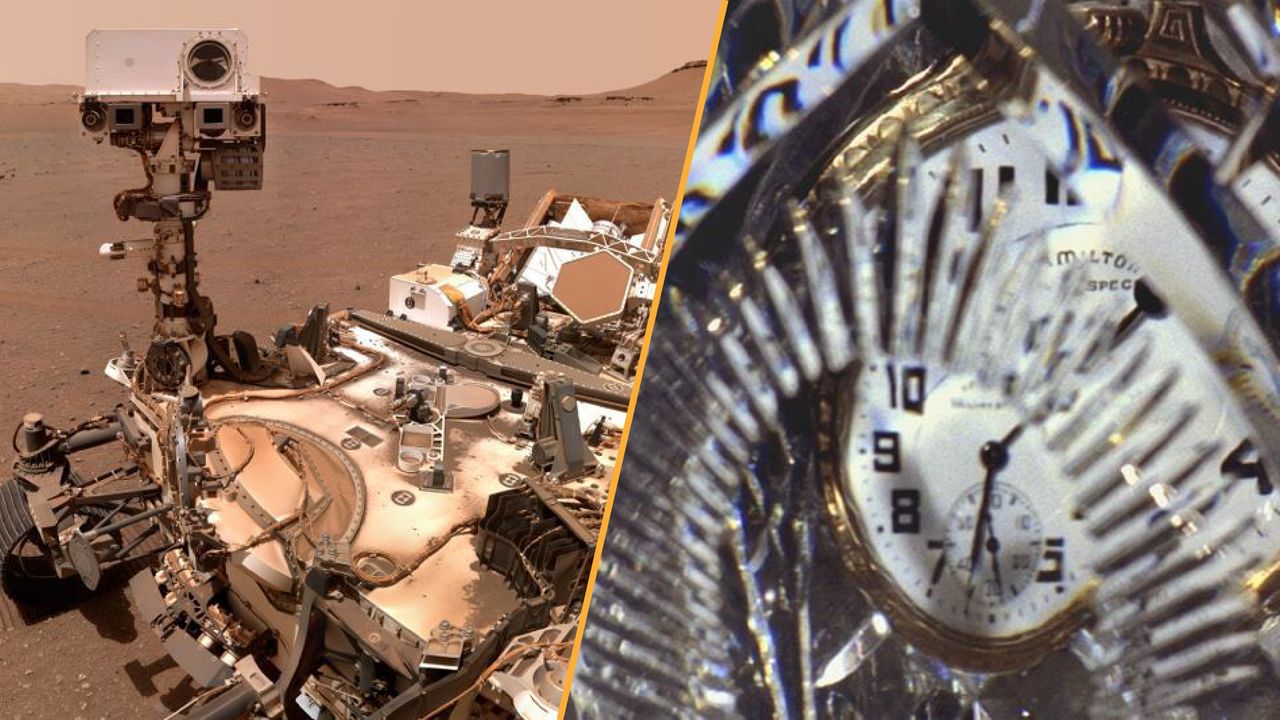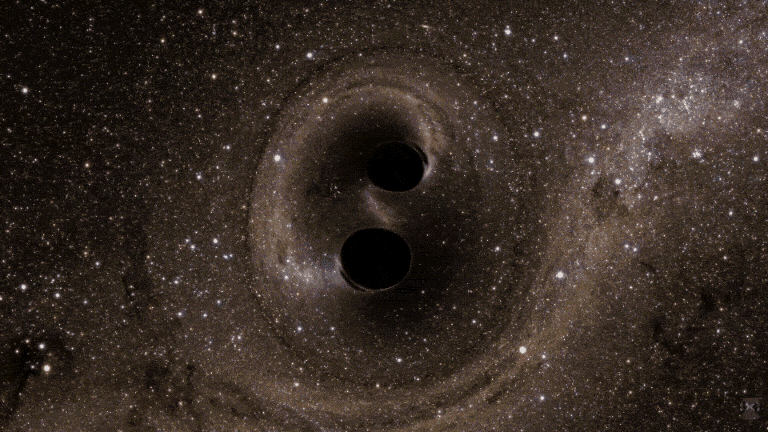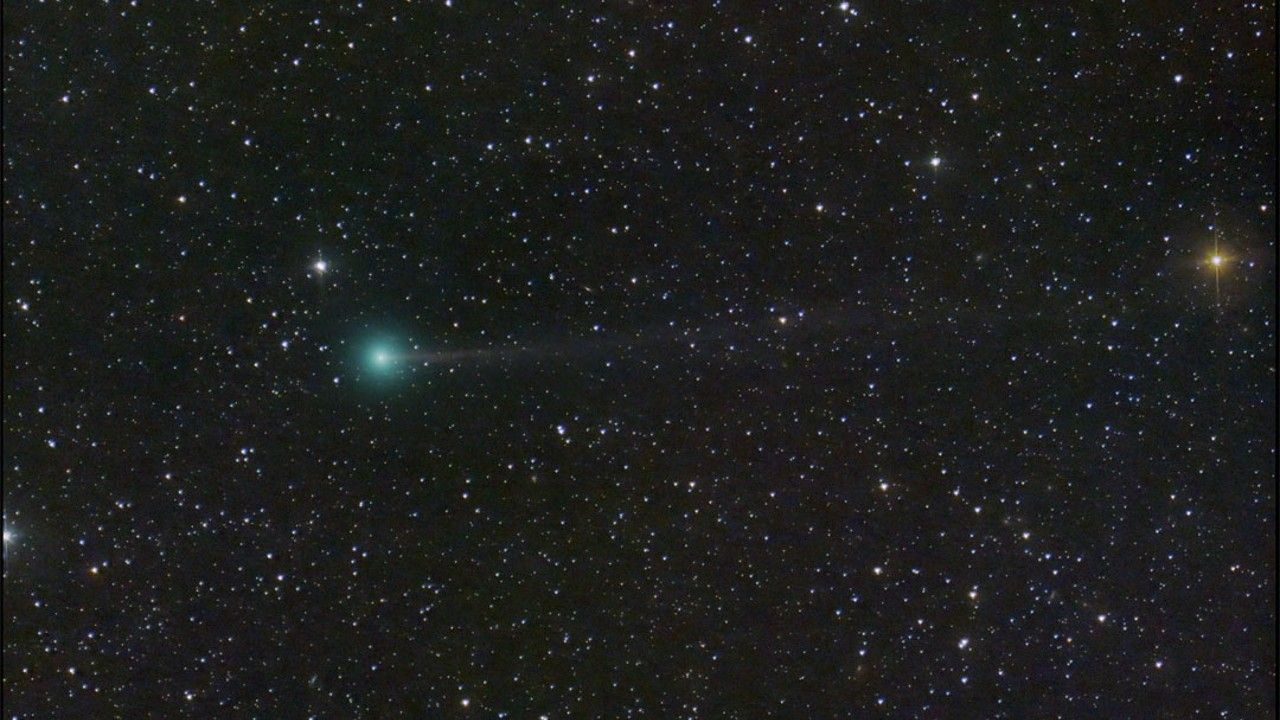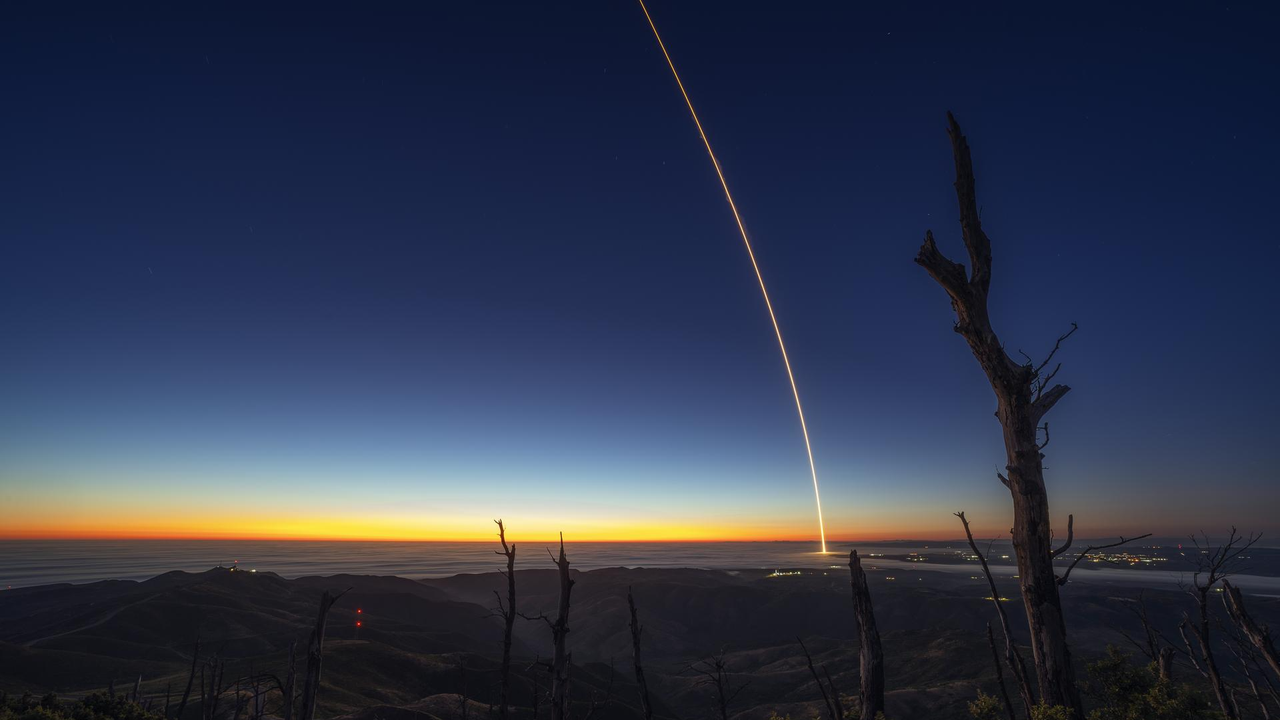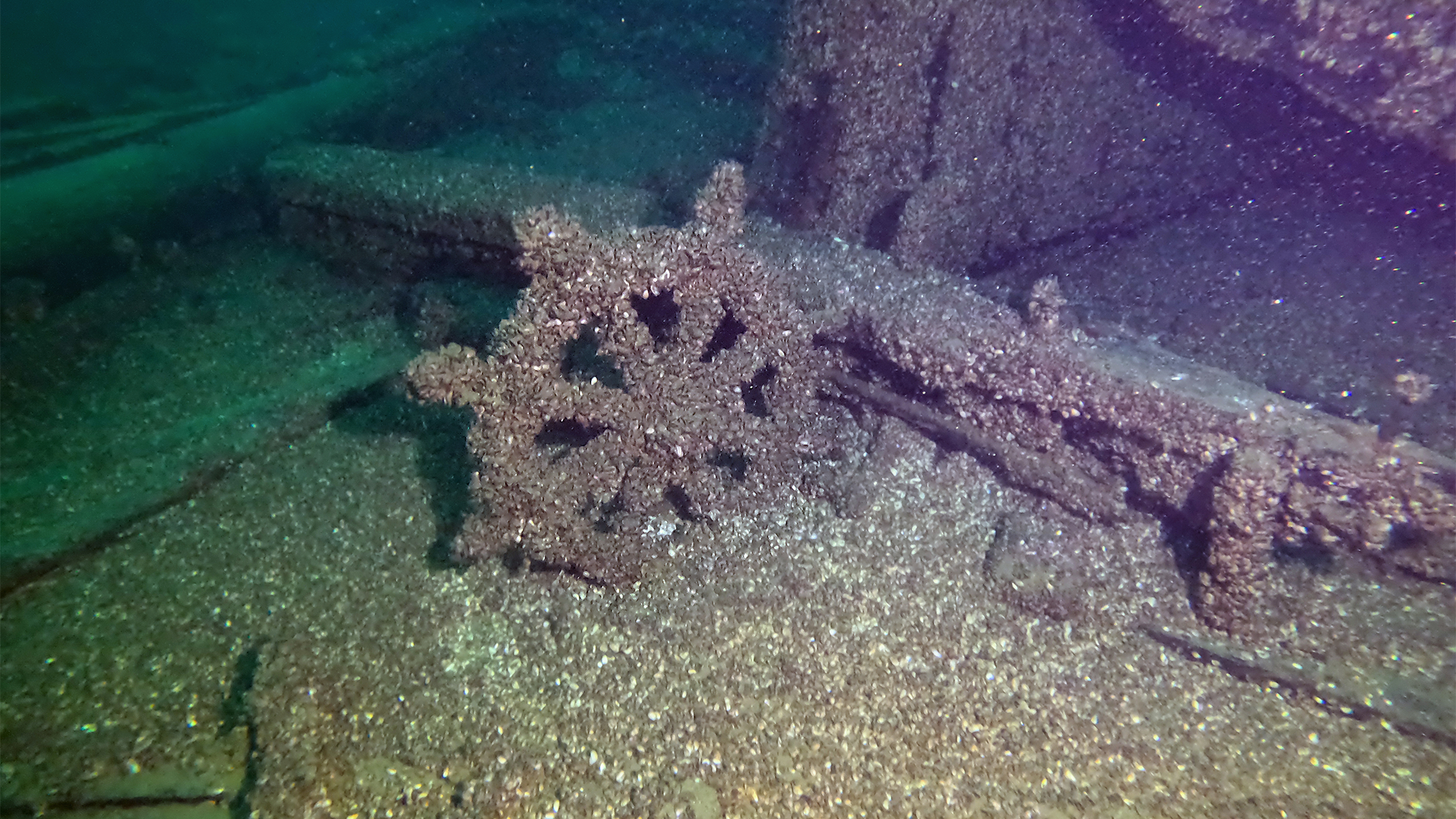50 years ago, NASA sent 2 spacecraft to search for life on Mars – the Viking missions' findings are still discussed today
PositiveScience
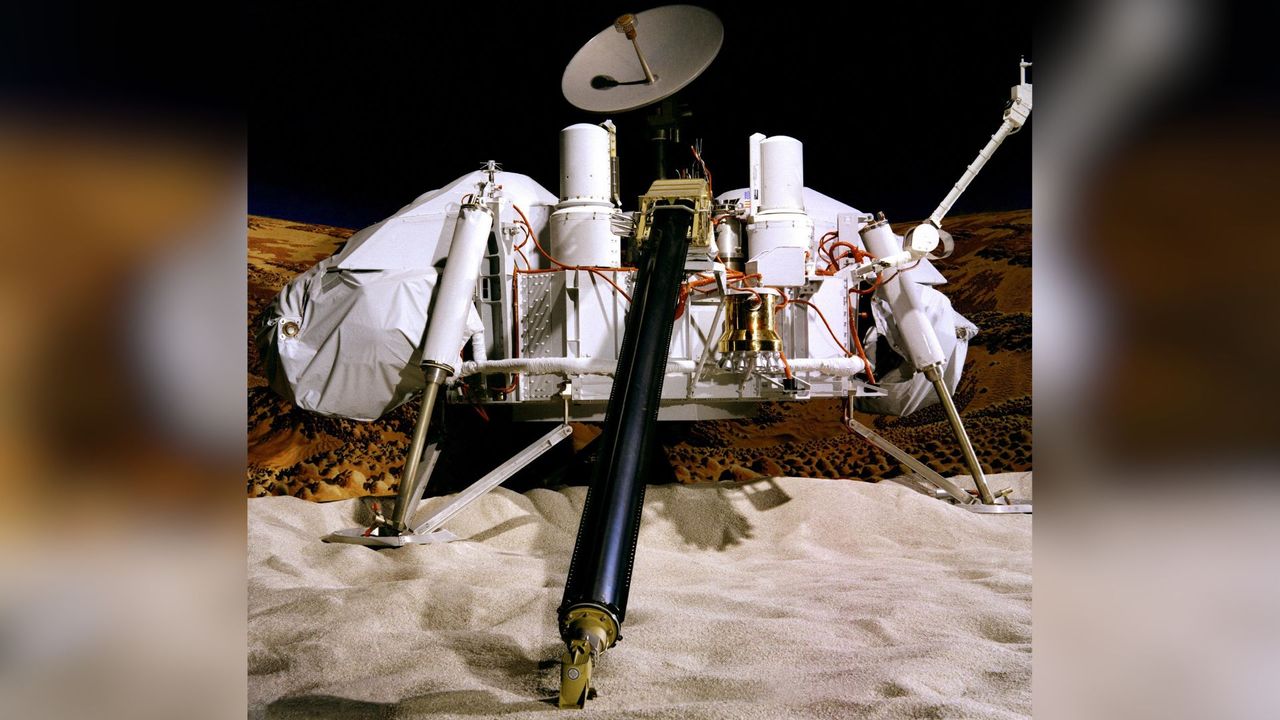
Fifty years ago, NASA launched the Viking missions to explore Mars and search for signs of life. The findings from these missions continue to spark discussions and research today.
Editor’s Note: The Viking missions were groundbreaking in the quest to understand Mars and the potential for life beyond Earth. Their legacy influences current and future Mars exploration efforts, making this anniversary a significant moment in space history.
— Curated by the World Pulse Now AI Editorial System

